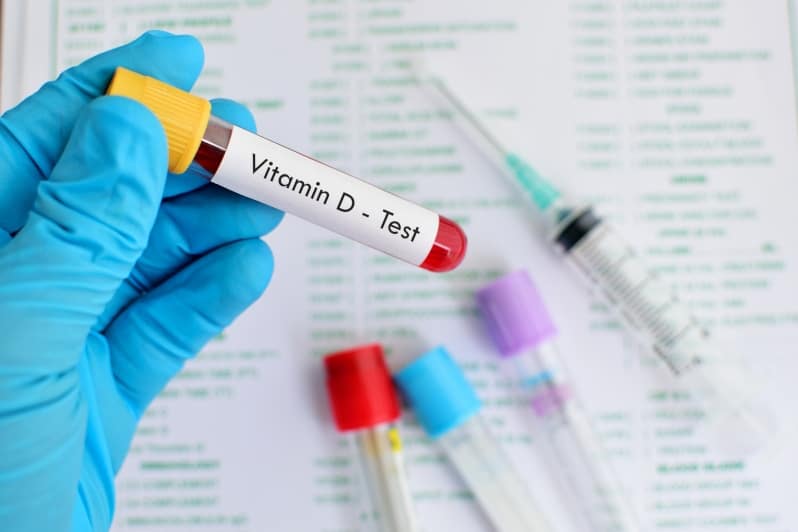The importance of vitamin D in autoimmune diseases
“Vitamin D” is in fact not a true vitamin, but a group of steroid-derived hormones that perform a range of functions within the body. They are known to regulate the absorption of minerals such as calcium, which is necessary for healthy bone growth. Moreover, vitamin D affects the immune system and may influence susceptibility to certain autoimmune diseases.
The incidence of autoimmune diseases is about 3%-5% globally, and there are nearly 100 distinct disease sub-types. Some autoimmune diseases are organ-specific, such as Primary Biliary Cirrhosis, whereas others involve multiple organ dysfunction, such as Systemic Lupus Erythematosus (more commonly known simply as “Lupus”) and Rheumatoid Arthritis. The mortality and disease rates of so-called multi-organ autoimmune diseases are significant. What role does vitamin D play in these diseases?

A new study published in the Journal of Laboratory Medicine analyzed data on autoimmune diseases in China and found that a “low” vitamin D status, defined by a deficiency in serum vitamin D (the vitamin D that is being circulated in the bloodstream), is commonly seen in patients with multi-organ autoimmune diseases. Detailed data show the proportion of patients that are classed as vitamin D deficient in four common multi-organ autoimmune diseases. The most serious of these deficiencies was found in the Lupus group, with 35.3% of patients receiving a vitamin D status of “low”.

Lupus is a disease in which the body’s immune system mistakenly attacks healthy tissue all over the body, commonly in the skin and joints. One possible explanation for the more severe vitamin D deficiency in Lupus patients is the recommendation that these patients avoid exposure to sunlight to reduce the risk of aggravating symptoms of the disease. The sun is one of the best sources of vitamin D, resulting in the nickname “the sunshine vitamin”.
In addition to the finding that vitamin D deficiency is a common phenomenon in several multi-organ autoimmune diseases, this research also provides a basis for vitamin D supplementation as an adjunctive therapy for the treatment of such diseases.
Read the original article here: